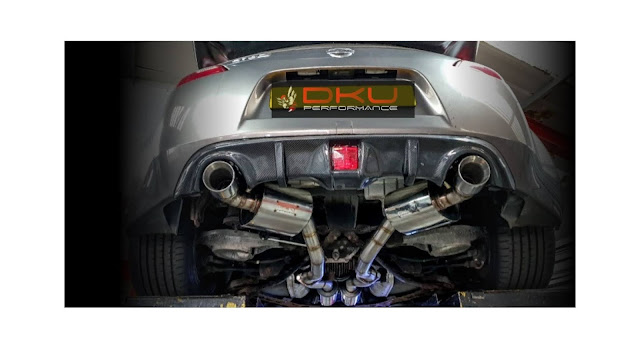How do you Remove Carbon Buildup from an Intake Manifold?
A direct engine injection brings many benefits for the working of the car such as higher and increased fuel efficiency, more power from the other small engines, and lesser fuel emissions but on the other hand while it has many advantages for the efficient working of the engine it also causes some major problems to the engine, a very old and rare automotive problem of carbon build-up. The carbon build-up is itself a major problem but can, later on, lead to some other major disinfections of the car such as engine misfire.
In this article, we will study that whether it is the fate of the car engine to be disrupted by carbon build-up or any remedies that can be applied for the better and efficient working of the car engine.
What Causes a Carbon Build Up in a Direct Injection Engine?
Direct injections work in a way that detergents and other chemicals are added into the engine so they can clean the dust and odor particles inside the car engine but when this process is reversed and the detergents are not able to perform their job efficiently and the dust particles are still infused inside the working engine it will directly cause carbon build up in the car because after giving the direct injection to the car you are still running your car performance and the vehicle is crossing and running sufficient miles that means a reasonable amount of carbon is still being deposited and with no cleaning through the detergents and injections the carbon which is present in the dust will start accumulating in the engine which will automatically affect the working of the engine and this deposition mostly starts after the car engine covers about 30,00 or 60,000 miles in the odometer.
How Can I Prevent Carbon Build-Up in a Direct Injection Engine?
By following the recommended maintenance schedule, we can try to secure our car engine from carbon depositing through cheap injector cleaning service. As part of the scheduled maintenance, we can perform several activities to keep our engine safe from any deposition which includes:
Oil Change:
You need to regularly change the oil of the car or according to the given schedule for the maintenance and efficient working of the car engine.
Engine Belts:
You also have to check the engine belts of the car engine or you should run to a mechanic to make sure he notes the timings of the serpentine belts and when they are due for replacement.
Tires:
We should regularly check the tires of our car whenever we feel any pressure loss in them, we should immediately run to the mechanic to make sure they are in good shape and with normal pressure.
Battery:
We should also check the batteries of the car regularly because they are the most important component of the car engine, if you have a battery tester it will also help you to check that whether the battery is holding the charge or has been expired.
Spark Plugs:
These don’t have to be changed regularly but checking them regularly according to the maintenance manual can increase the life of your working car engine and fuel consumption.




Comments
Post a Comment